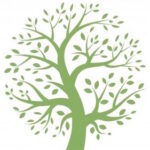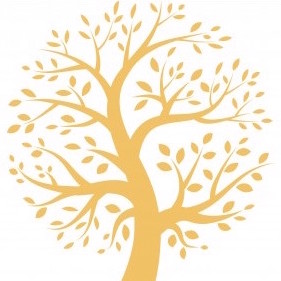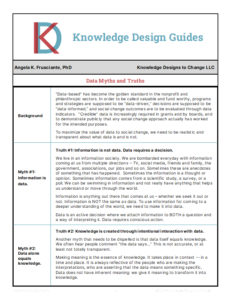Data Myths and Truths
“Data-based” has become the golden standard in the nonprofit and philanthropic sectors. Credible data is increasingly required in grants and by boards, and to demonstrate publicly that any social change approach actually has worked for the intended purposes. To maximize the value of data to social change, we need to be realistic and transparent about what data is and is not.

Data as Decision in Grantmaking
In grantmaking, one word makes more eyes glaze over than any other – data. Those who find it fun are called nerds. And for everyone else, it can bring up feelings of boredom, overwhelm, and confusion. In philanthropy, there can also be worries of time commitment, grantee burden, complicated methods and, frankly, resources circling the drain without adding any function or value.
With one shift in our understanding about data, we can reclaim a sense of wonder, creative agency, and value in our data work: Recognizing that information does not equal data and data does not equal knowledge.
The key force in the formula is that data is actually a decision. More specifically, datamaking is an action whereby we transform information into data so that data can contribute to knowledge.

Grantmakers' Questions as a Way Toward Change
If I had to name one superpower for knowledge work, it would be asking questions. Knowledge processes always start with some explicit or underlying questions. Being targeted about the questions we ask on applications and throughout our grantee relationships helps to frame understandings, document learning, and identify challenges or barriers. Questions are instrumental to successful grantmaking that focuses on change.
Our power to encourage change—to help organizational systems run more smoothly, to prompt positive movement, to enhance capacity, and to energize broader networks—actually centers on questions. The power at our core is all about asking the right questions, at the right time, and in ways that can prompt the most beneficial shifts in beliefs and practice.

